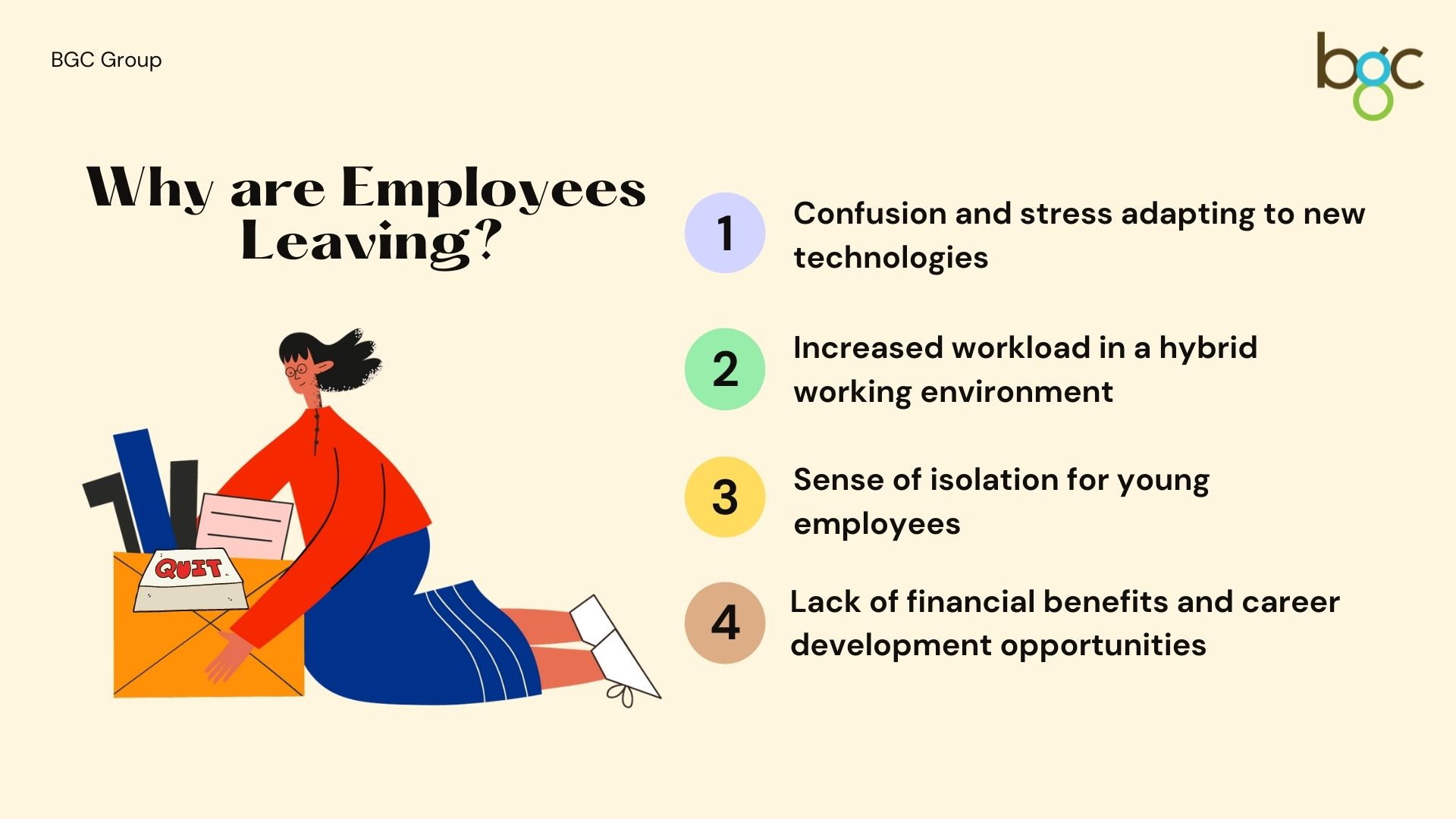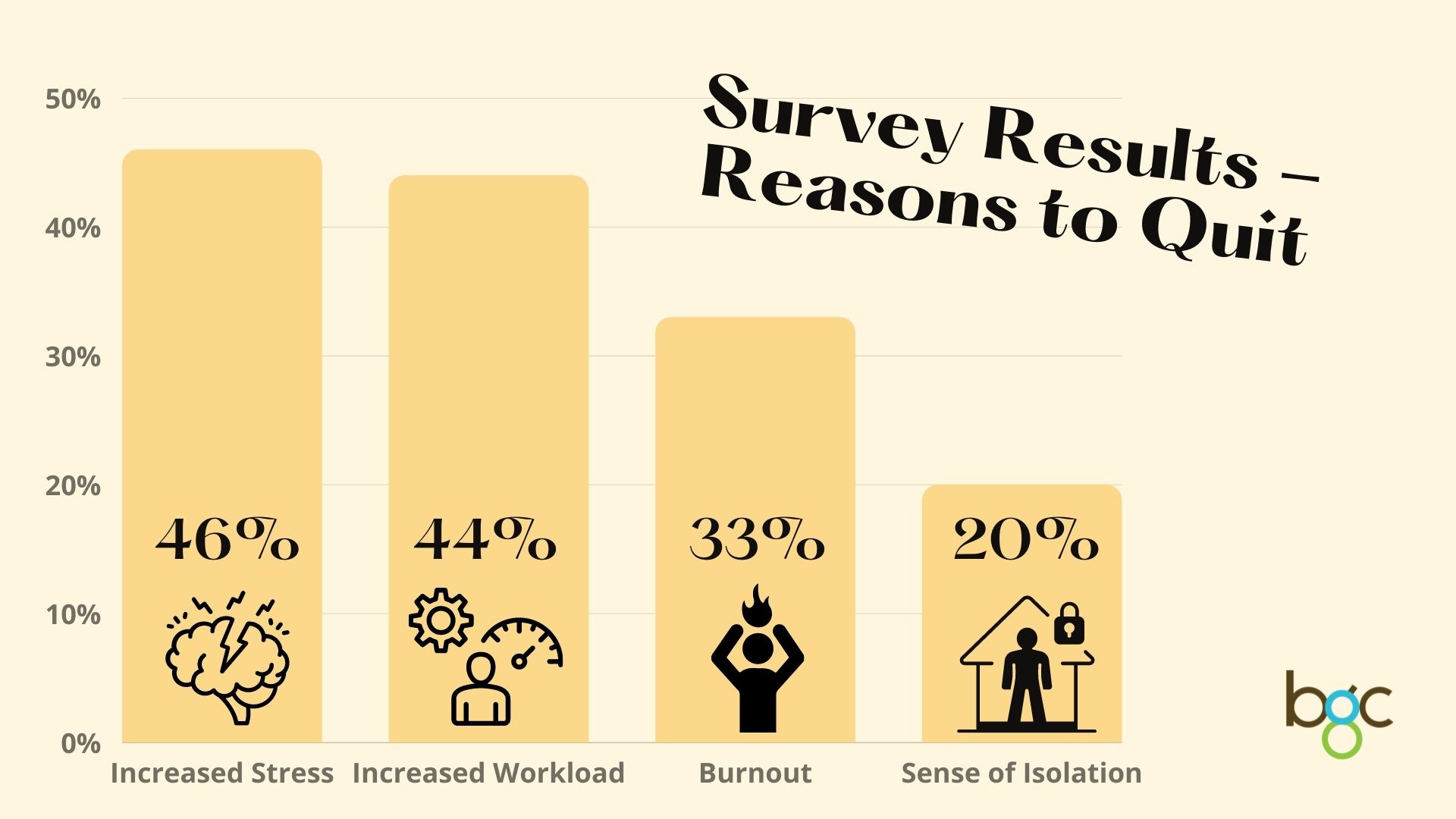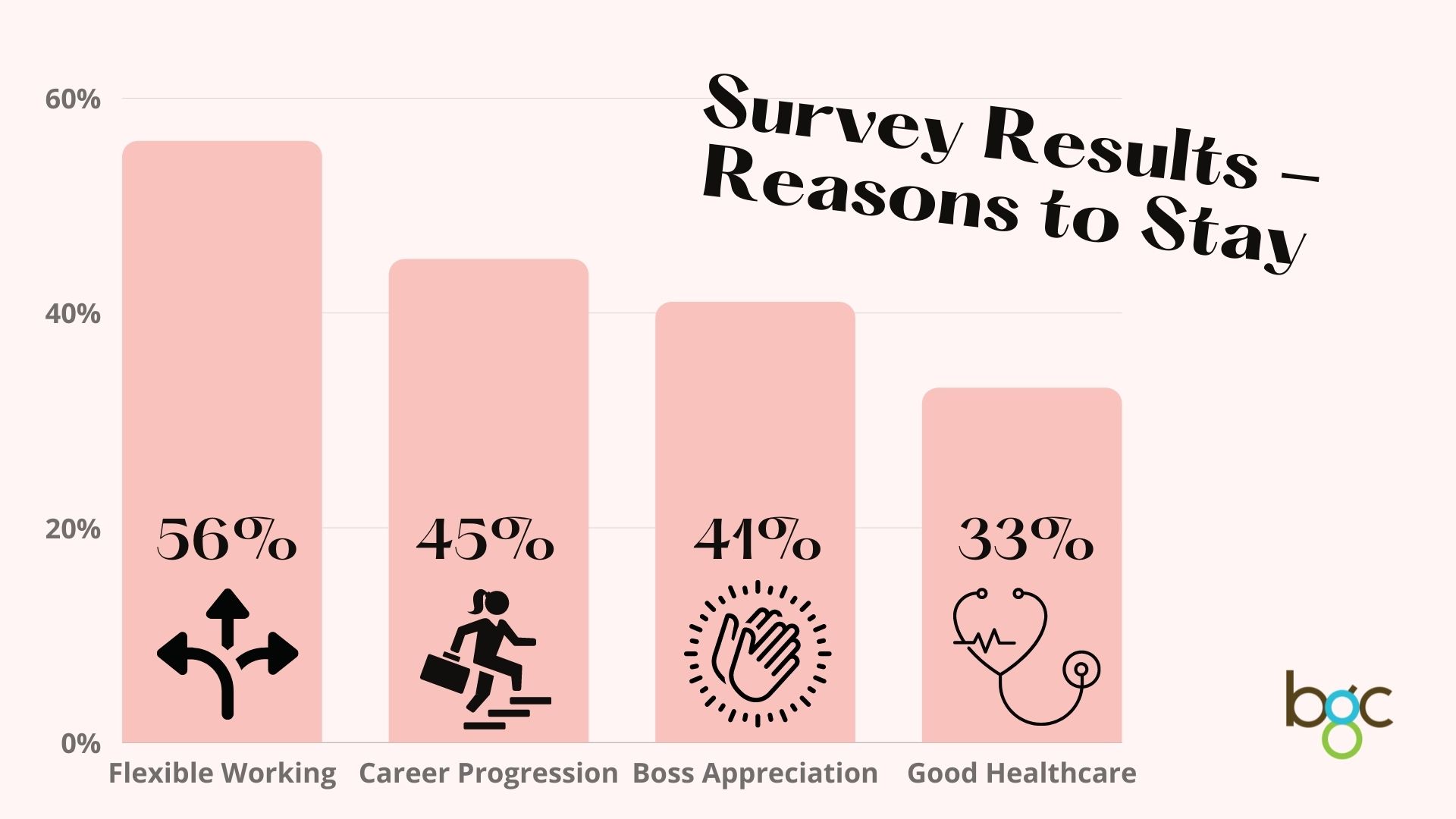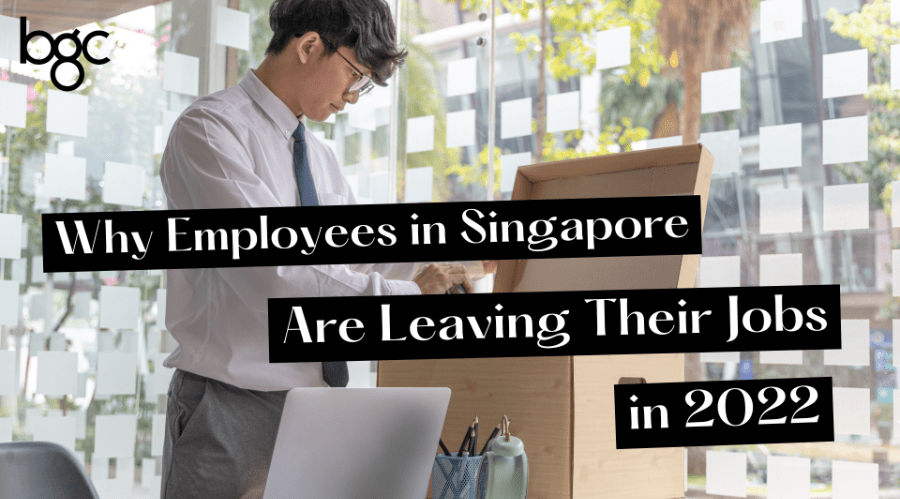Singapore is known as Asia’s financial center, attracting large amounts of both international and local talents every year. However, retaining talent is just as important as attracting talent for all companies. Despite maintaining a leading position in the Asia Pacific (APAC) in talent competitiveness for more than six consecutive years. Firms in Singapore have significantly weakened in their ability to retain talent, especially after the COVID-19 pandemic. Don't fear! As a trusted recruitment agency, we know a thing or two why this is happening.
Current Employment Situation in Singapore
A survey conducted by job portal Indeed revealed that nearly a quarter (24%) of Singapore employees were planning to leave their current employer in the first half of 2022, where almost half (49%) reflected that they were unsure if they would stay in their jobs in the next six months. The survey consisted of a sample of 1,002 Singapore workers aged between 16 to 55.
This shows that Singaporean employees are dissatisfied with both their company and their work conditions. In this article we’ll look into some of the different reasons why employees leave post-pandemic and what companies can do to retain their talent in the long haul.
Why are Employees Leaving?

1. Confusion and stress adapting to new technologies
Many of the respondents to the survey noted that the frequent uncertainties and changes during the COVID-19 pandemic were one of the major factors leading them to quit their job. Data revealed that the pandemic had led to 46% of employees pointing to increased stress levels, 44% saying that there were heavier workloads, 33% experiencing more burnout at work, and 20% feeling isolated.

During the beginning of the pandemic, working in the office abruptly stopped and employees were sent home confused with minimal instruction on how to work from home. Many companies were also first-timers in using new technology platforms like zoom and Microsoft teams for virtual meetings and communication.
Employees in all age groups were left alone to navigate new platforms in a tight time constraint while having to communicate with coworkers through text messages, call and emails, which lowered productivity and potentially caused communication issues. Whilst less tech-savvy workers struggled hard to keep up with the fast pace.
What companies can do:
Companies can provide clear and adequate training sessions regarding new technology, accessible support when needed, and guidebooks to navigate new platforms for employees to increase clarity and prevent confusion.
2. Increased workload in a hybrid working environment
After almost three years of the pandemic, Singapore is gradually adapting to a new hybrid work mode, where employees spend certain days of the week in the office, and others at home. This shows that employees are now expected to bring all of their work home from the office after a long day, and home is no longer a place to relax from work. It seems to them that they are attached to work 24/7, and there is no real break.
Employees may also face burnout and mental exhaustion at work due to the increase in workload when returning to the office. This acts as a factor that makes employees consider leaving their job in hopes of another alternative to prioritize their work-life balance.
What companies can do:
Companies can provide clear guidelines on working hours and generate an easy-to-access portal or excel sheet showing employee’s attendance for a particular day of the week.
3. Sense of isolation for young employees
Even with the hybrid work mode, new employees including fresh graduates are spending a small amount of time in the office. Employees remain unfamiliar with the office environment and have minimal interactions with their colleagues. Thus, they do not get the full in-person experience such as networking with clients and socializing with their co-workers.
This constant lack of engagement and distant feeling builds up to become a strong sense of isolation between employees and the company, ultimately causing workers to have a low sense of belonging in the company.
What companies can do:
Companies can organize more team bonding events, host regular meetings to monitor office work, and “fun” meetings to chat or check in on the mental health of employees.
4. Lack of financial benefits and career development opportunities
Other concerns that employees have include factors for the overall employee experience such as financial benefits and career development opportunities. With developing technology and the accelerated spread of information, it is extremely easy for employees to analyze their pay and compare it to other competitive companies in the market. They have more ways to reach a new job with better offers and thus an increased tendency of leaving their current job.
What companies can do:
Companies can no longer adopt the one-size-fits-all approach for all employees. Due to the favorable labor market in Singapore, skilled workers know that they are in demand and can get better offers from competing companies. Companies have to individually find out what their valued employee prioritizes to make them feel valued. They can base retention measures based on the need of the specific worker, such as flexible working hours, or an increased salary.
Takeaways
As mentioned, major factors that cause employees to leave their jobs in 2022 include struggles adapting to new technology, increased workload, sense of isolation, and lack of financial benefits and career development. Although some of the issues above are linked to the COVID-19 pandemic, employers have to realize that it is ultimately important to improve their management system and learn to quickly adapt to different situations while providing timely support from both professional and personal aspects to their employees.

Companies need to develop factors that can retain talent. According to the survey results, 56% of workers polled said higher compensation would encourage them to stay longer in their jobs. Other factors include flexible working options (56%), career progression (45%), Appreciation from bosses (41%), and access to good healthcare (33%). Only by staying alert to these drivers of intent to stay can companies improve their employee’s working experience with them and ultimately retain talent.
Read More: How Companies in Singapore Can Retain Employees During COVID-19
